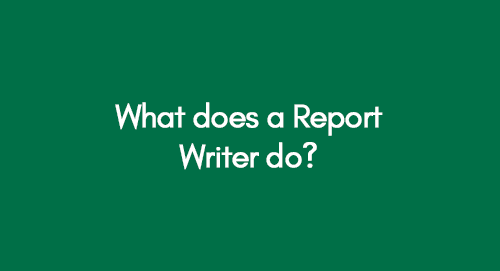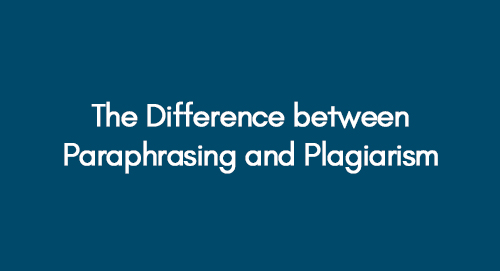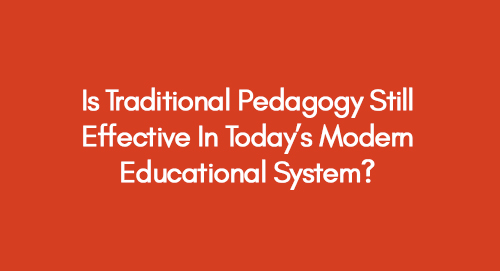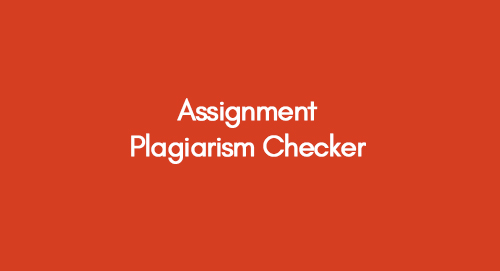
How to Cite Sources to Avoid Plagiarism?
September 9, 2022
What does a Report Writer do?
September 14, 2022Understanding the distinction between paraphrasing and plagiarism is crucial in academic writing. While paraphrasing involves rephrasing someone else's ideas in your own words, plagiarism entails presenting someone else's work as your own without proper attribution.
Introduction
There is often confusion about the differences between paraphrasing and plagiarism.
Paraphrasing is when you use your own words to express someone else's ideas, while still giving them credit for those ideas. Plagiarism is when you take someone else's ideas or work and pass it off as your own.
Review Free Plagiarism Checker Service Here
There are a few key ways to avoid plagiarism when paraphrasing.
First, be sure that you understand the original text completely. It can be helpful to read it several times or to discuss it with someone else before you start writing. This will help ensure that your paraphrase is accurate.
Second, make sure that you use your own words to express your ideas. Do not simply rearrange or substitute a few words from the original text. Finally, be sure to give credit to the original author by including a citation.
What is Paraphrasing?
Paraphrasing is the process of restating a piece of text in your own words. When paraphrasing, it's important to keep the same meaning as the original text and to use your own language and sentence structure. This can be a difficult task, especially if the original text is dense or technical. However, there are a few tricks that can help. First, read the text several times to get a good understanding of its meaning. Then, make a list of key points that you want to include in your paraphrase.
Once you have your key points, start writing your paraphrase, using your own words and phrases. Remember to check your work against the original text to make sure that you've accurately captured its meaning. By following these steps, you can be sure that your paraphrase will be accurate and concise.
What is Plagiarism?
Plagiarism is the use of someone else's work without giving them credit. It can be deliberate or accidental, and it can happen in a variety of ways. For example, you might plagiarize by copying someone else's words without quotation marks, or by paraphrasing their ideas without attribution. Plagiarism can also occur when you use someone else's creative work, such as an image or a piece of music, without permission.
Discover about Assignment Plagiarism Checker Here
Whether intentional or not, plagiarism is considered cheating, and it can have serious consequences. In academia, plagiarism can result in a failing grade or even expulsion from school. In the professional world, it can lead to lost job opportunities and damaged reputations. Ultimately, plagiarism is a form of theft, and it should be avoided at all costs.
The following is the difference between paraphrasing and plagiarism.
The Difference Between Paraphrasing and Plagiarism
Paraphrasing means putting someone else's ideas into your own words, while plagiarism is using someone else's work without giving them credit. The big difference is acknowledging where the ideas came from and keeping academic honesty. When you paraphrase, it's important to give credit to the original writer by mentioning their name or the source. Plagiarism, on the other hand, happens when you copy without permission and pretend it's your own work. This is not fair to the original author and goes against the rules of academic writing.
Let's say you're writing a paper and you want to explain something from an article you read. If you paraphrase, you'll reword the main points in your own style. You'll also mention where you got the information from, like putting the author's name or the article title in your paper. This shows you respect the original writer and their work. But if you copy and paste without saying where it came from, that's plagiarism. It's like taking credit for something you didn't do, which isn't right and can get you in trouble.
Paraphrasing and plagiarism are both serious offenses that can lead to academic penalties. However, there is a key difference between the two. Plagiarism is the deliberate act of passing off someone else's work as your own. This can be done by copying and pasting text, downloading essays from the internet, or submitting a paper written by someone else. Paraphrasing, on the other hand, is the act of summarizing someone else's ideas in your own words. While both plagiarism and paraphrasing involve using someone else's work, paraphrasing is not considered plagiarism if you give credit to the original author. As long as you cite the source, it is acceptable to paraphrase in your own words. However, if you use someone else's exact words without giving credit, this is considered plagiarism.
To sum up, knowing the difference between paraphrasing and plagiarism is really important for keeping academic integrity. Paraphrasing means using your own words to explain someone else's ideas, while plagiarism is copying without giving proper credit. By following the rules and giving credit where it's due, you show that you value honesty and respect for others' work.
Tips for Paraphrasing Correctly
Paraphrasing is a useful skill to have when writing or speaking. It allows you to restate an idea in your own words, which can be helpful when trying to explain a complex concept or summarize a long passage.
When paraphrasing, it's important to stay true to the original meaning while using different words and sentence structures. Here are some tips to help you paraphrase correctly:
- Read the original text several times to ensure you understand it completely.
- Make notes about key points and ideas as you read.
- When paraphrasing, use your own words and sentence structure.
- Compare your paraphrased version with the original to ensure accuracy.
- Avoid including personal interpretation or opinion.
- Include proper research citations to give credit to the original author.
- Avoid simply rearranging or substituting a few words; strive for genuine understanding and expression.
- Check for unintentional similarities with the original text and make necessary revisions.
- Compare your paraphrase to the original text to make sure you haven't changed the meaning.
Avoiding Plagiarism When Paraphrasing
Plagiarism is a serious issue that can lead to dire consequences. When paraphrasing, it is important to avoid plagiarism by making sure that the new text is significantly different from the original and that all sources are properly cited. Plagiarism checkers can be a helpful tool in ensuring that your text is unique. Plagiarism is a serious issue, but as long as you take the necessary precautions, it can be avoided. The following are the tips to avoid plagiarism.
Conclusion
In conclusion, it is important to be aware of the difference between paraphrasing and plagiarism. In academic circles, distinguishing between paraphrasing and plagiarism is essential to maintain the integrity of scholarly work. Adhering to ethical principles ensures that scholars uphold values such as originality, honesty, and respect for intellectual property rights. By practicing diligence and following established guidelines, individuals can confidently navigate the intricacies of academic writing, thus fostering the advancement of knowledge and scholarship.
Paraphrasing is a summary of someone else's ideas in your own words, while plagiarism is the deliberate act of passing off someone else's work as your own. As long as you give credit to the original author and make sure that the new text is significantly different from the original, you should be able to avoid plagiarism.





















